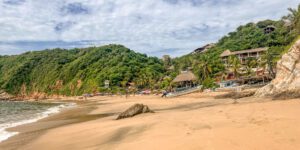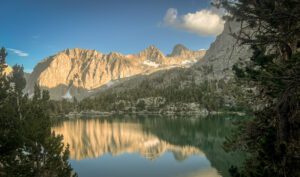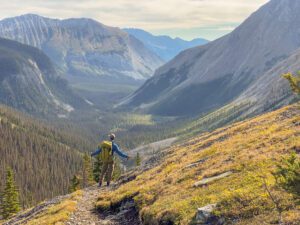Imagine taking your first solo trip at the age of seven to East Africa and contracting malaria. Try to fathom being drugged and waking up in a different city in the Philippines. Then envision yourself feeding a hyena off your back in Ethiopia, taking a bus into Somalia by yourself, and dancing in North Korea’s most famous square.
This is not a wild dream, but in fact the odyssey of Alastair McCready. With a tireless desire for the reckless and romantic, this 28-year-old journalist has travelled to some of the most misunderstood places around our globe. And it has unquestionably shaped his inspiring perspective on what makes us all human.
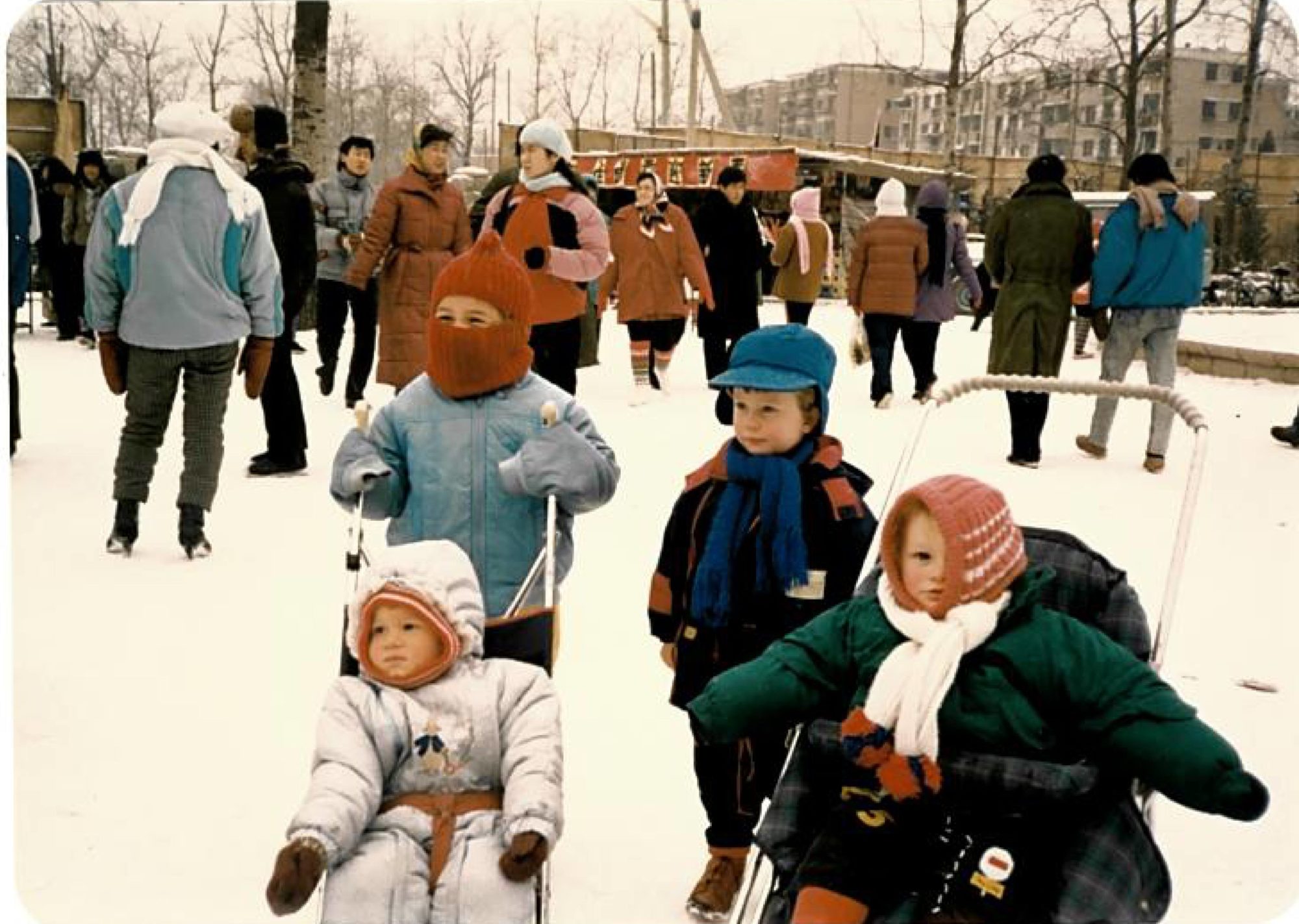
An introduction to human struggle in Tanzania
Born in China the year after the Tiananmen Square protests, Alastair’s experiences abroad began at birth. His parents had spent years working in some of the most far-flung parts of our globe, filling his childhood with stories of monkeys in the backyard of their home in Sudan and romanticized visions of what it meant to live in remote places. Even once the family moved back to their native England when he was two years old, their encouragement of exploration continued. While most of us start our solo adventures and learnings abroad well into our teens, Alastair is certainly not most of us.
“My first big trip was Tanzania when I was seven. We’d traveled a bit [as a family] before that but Tanzania was the first big one by myself, with my brother. My mum, because she works in development, had a friend in Dar es Salaam. Our parents sent us out there, God knows why. It might have been because they were getting a divorce at the time and wanted us out of the house. I’m pretty sure in hindsight that was the reason. So we spent 6 weeks there.
We were staying in a lovely apartment which was right next to one of the biggest slums in East Africa. One of my earliest memories actually is walking through that slum. We had a Tanzanian woman looking after us and she asked us if we wanted to walk through the slum one day with her. So of course we said yes. I just remember it being a different world. I had never seen poverty like that in all my life. I had never seen homes made out of wood and tin roofs. It was very striking for me as a seven year old to look at. It was an interesting experience, and I think it was quite a formative experience in terms of seeing how people live and realizing a lot of the world is extremely poor.”
This understanding of the struggle many people face around the globe was further heightened when sickness struck.
“After three weeks, I was already quite homesick – I mean I was seven years old – I was very homesick. And then I got malaria. I started to feel extremely feverish and couldn’t sleep at night. It was hot. It was overwhelmingly hot and sweaty and I couldn’t eat, I don’t think for a week or something. I lost so much weight.”
Instead of being utterly turned off of exploration by these challenges, this young explorer’s romanticized view of the world persisted. With small trips in between, his next significant step abroad came when he turned 21 and moved to the Philippines for half a year.
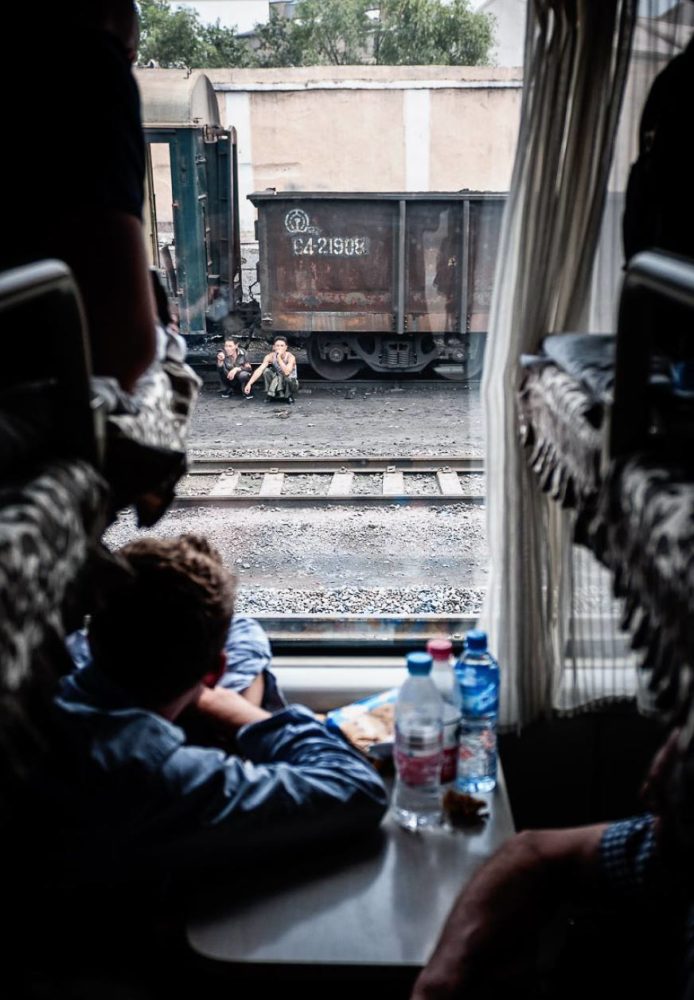
Experiencing human error in the Philippines
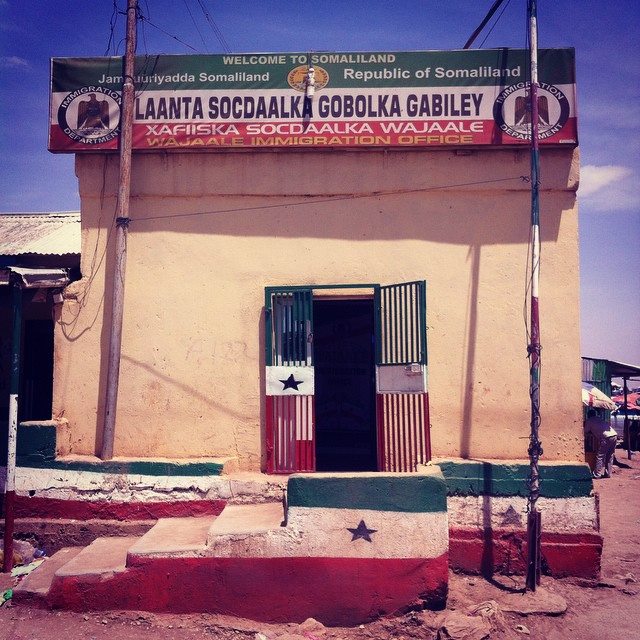
Finding a sense of belonging in reckless places
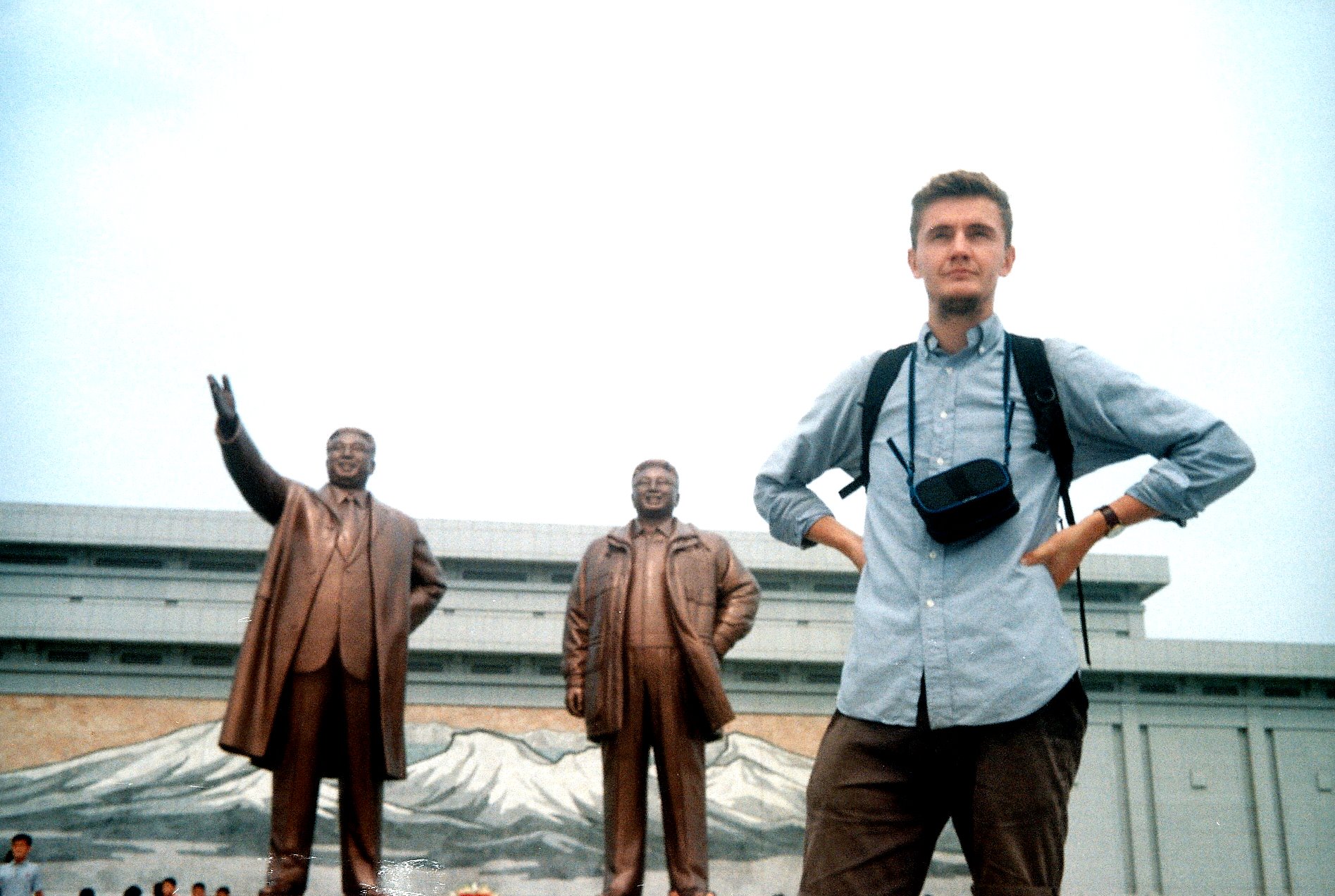
Shattering dehumanization in North Korea
This sense of recklessness and a fascination with political systems led Alastair on another unconventional journey later that same year. This time it was to North Korea for five days. As all visits to North Korea are strictly controlled by the government, what travellers are able to see is limited. And while the novelty of being told what to do quickly wore off for this reckless solo traveller, there was one experience Alastair had that broke all preconceived notions about the country and its people.
“It was 2015, the 70th anniversary of North Korea’s liberation from Japan in World War II. So they organized this mass dance in Kim Il-sung square, which is the main square in Pyongyang. They took us down during the night and we thought we’d sit in the stands and watch this propaganda event. To our surprise, all of these women in these bright, colourful dresses and these men in scraggly suits that were all matching came out. They got in their poses, ballroom dance style, and then these songs came on. They all knew exactly the same dance to do to the different songs. One song would come on and it would be a slightly faster dance, and they would all do it together in perfect unison. Maybe ten thousand people were all doing it in perfect unison.
And then to our huge surprise they said to us, “don’t you want to go down into the crowd and dance with them”? It was the only time they ever let us by ourselves. It was incredible being that close to that many North Korean people when we’d been kept at quite a distance from them the whole time. For me the big thing was, just being that close to them, seeing how human they are. They would give you a little smile and it’s the kind of behaviour you’d see anywhere in the world, where people are interacting with tourists by giving you a little smile or a little wink or something like that. It was just the most human experience. These people who are so dehumanized in the press and so they don’t seem real. I don’t know if you feel the same, but they don’t feel real when you read about them. It seems like a robotic fun fair of a country. And so to see them was just the most incredible thing, to dance with the North Korean women was just incredible. The music was mesmerizing and fireworks went off. It was a complete out of body experience.
That was the most incredible thing I have ever seen in my life.
I have a complicated view of North Korea. Of course there’s rampant human rights abuses and it’s an extremely unethical government. I think I can see why their society is so oppressive. I’m not saying it’s right, but I can see why they are so oppressive. I use the analogy that if the UK was the last country in the world that was capitalist, and every single country in the world around it was communist, it would be just as secretive, just as oppressive and just as violent. For me, I don’t think that justifies it. But it makes you understand why they are the way they are.”
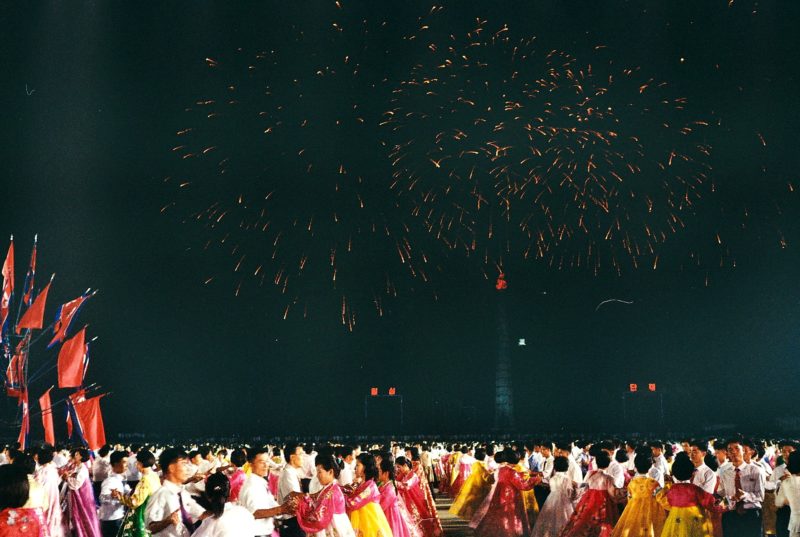
Looking inside and out
After all of these journeys and discoveries about humanity, where is this explorer now in his search for recklessness, romanticism, and an understanding of humanity? Since his trip to North Korea, he’s lived in Liberia, Thailand and Cambodia, and his inspiring curiosity doesn’t seem to have a foreseeable end date. Yet, as he so eloquently puts it, the most significant exploration we have to do as humans is always within ourselves.
“When you walk across the Ethiopian/Somali border it certainly doesn’t feel dangerous really to be many places in the world. That first experience definitely changed me, but maybe it’s the opposite, you want it to change you more than it does. You want it to make you feel more alive and content with life, and you realize after that you’re still the same person. You’re seeking growth and change and profound enlightenment from going off the beaten path and going to these unusual places and trying these unusual things. But actually you’re looking for something external to change you internally and I think it just doesn’t work like that.”
You can follow Alastair’s adventures and film photography (featured in this post) on his Instagram @alimacphotos_

